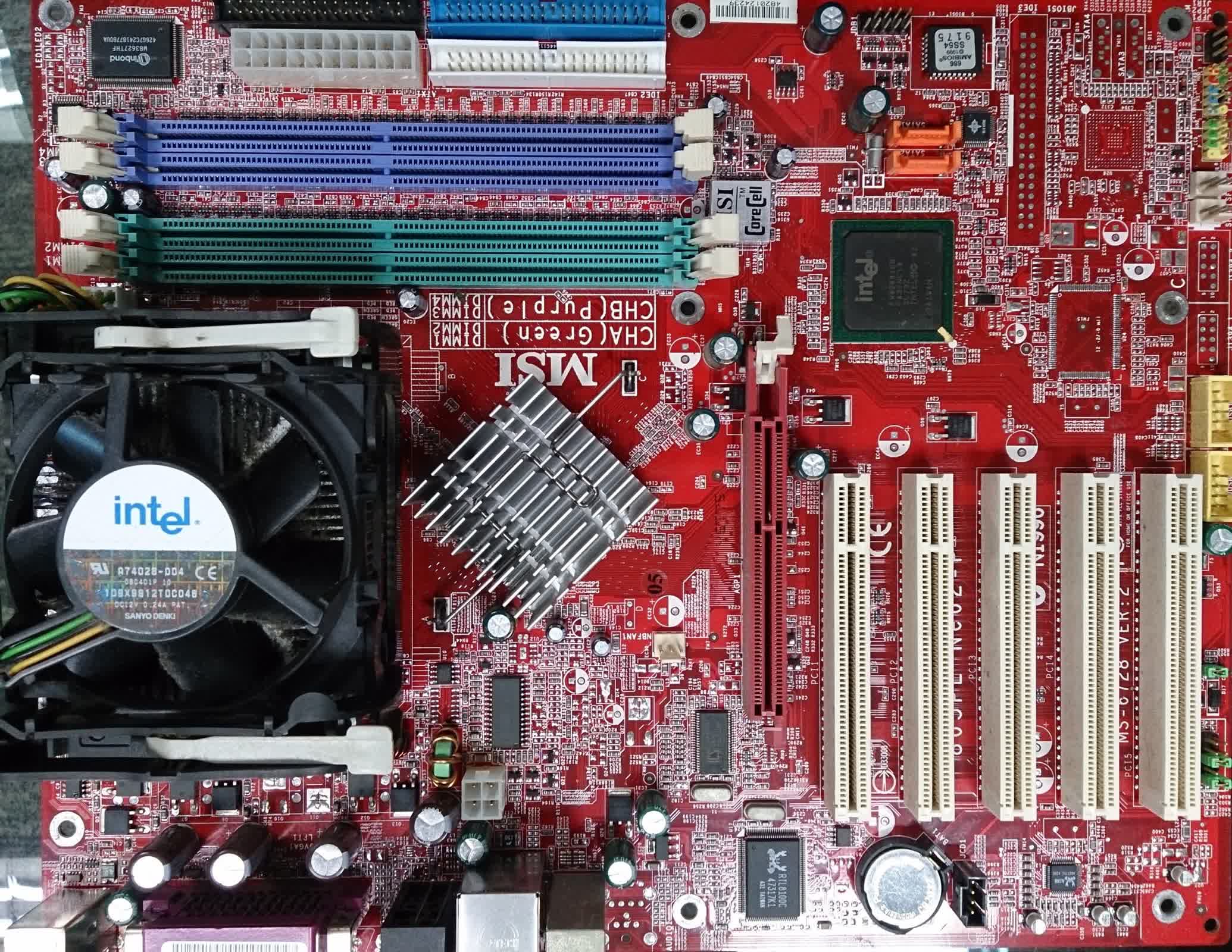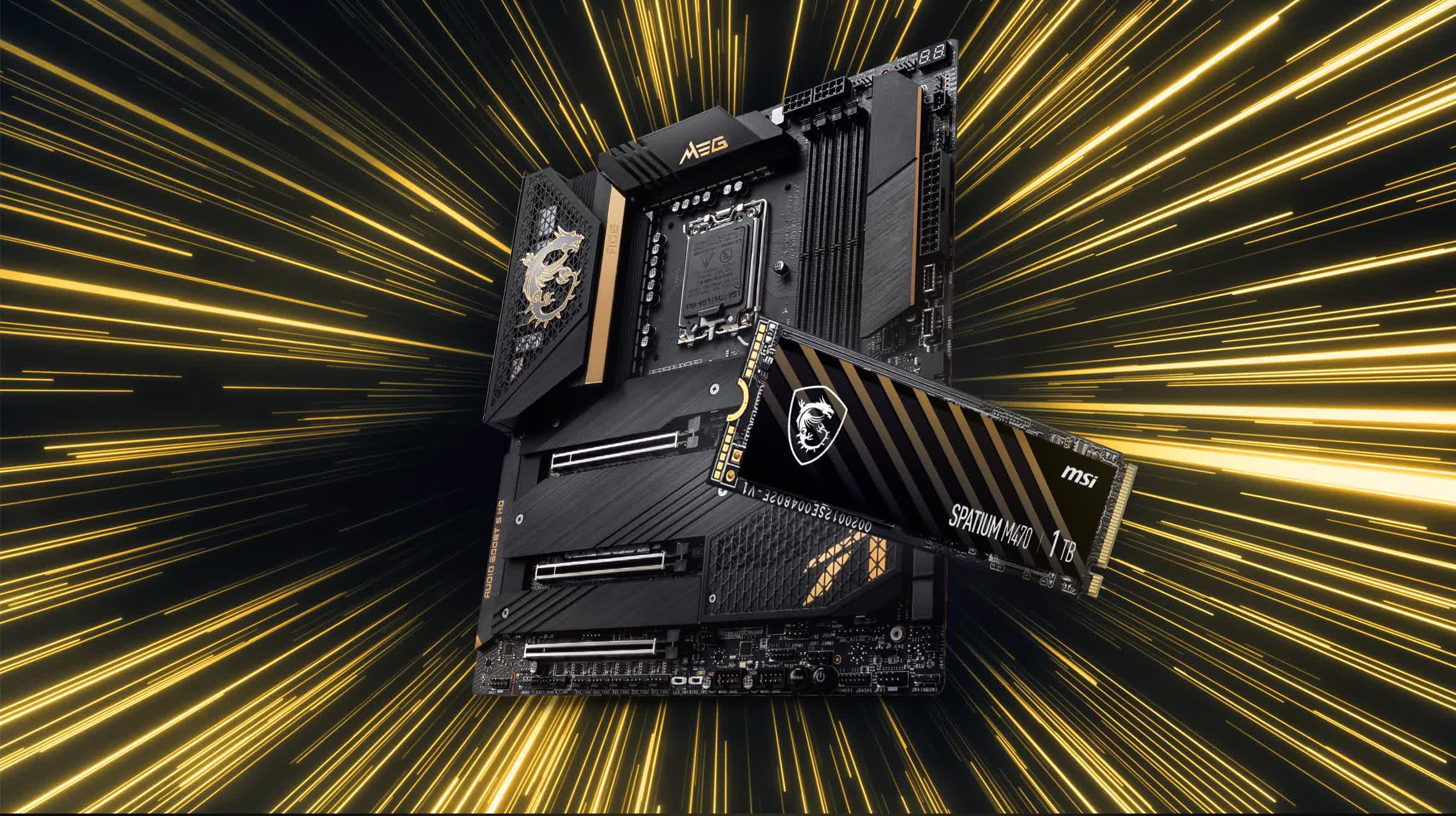Bottom line: MSI is staging a decisive comeback in the fiercely competitive motherboard and GPU markets, navigating supply chain challenges and shifting industry demands to reclaim its place alongside top rivals. This rebound signals broader shifts in tech manufacturing and consumer appetite amid rapid innovation.
DigiTimes reports MSI is poised for a milestone year, with analysts projecting global motherboard shipments will top 10 million units in 2025. The surge marks a sharp recovery for the Taiwanese manufacturer, putting it alongside rival Gigabyte as renewed demand for AMD and Intel platforms drives the market.
Strong demand for AMD's X870 and Intel's Z890 motherboards has fueled MSI's resurgence. The popularity of these platforms reflects rising appetite for high-performance PCs and gaming systems, where MSI has pushed innovations in cooling, design, and value. Analysts say its premium boards – often offering flagship features at lower prices – have further boosted the brand's appeal with consumers and enthusiasts.

While rivals like Asus and ASRock have rushed into AI server production, MSI has taken a slower approach. It continues to prioritize motherboards, graphics cards, and notebooks while making careful investments in enterprise-grade AI servers. DigiTimes notes MSI plans to ramp up output in late 2025, focusing on modular designs built around Nvidia's MGX and DGX architectures. These platforms target demanding tasks – from large language model training to scalable deep learning – with systems like the CG480-S5063 and CG290-S3063 offering multi-GPU support and advanced PCIe and memory configurations.
Despite its measured AI server strategy, MSI is building momentum in other segments. Strong demand for the manufacturer's gaming and content-creation products is driving this growth, as the brand gains traction worldwide. DigiTimes projects MSI plans to ship about 2.55 million notebooks in 2025, a year-over-year increase of up to 6 percent. The company will also ship 5 million graphics cards, matching Asus and cementing its top-tier spot in the competitive GPU market.
As MSI aims to sustain growth, it is expanding its manufacturing footprint. The main campus in Taoyuan will keep producing motherboards, while new and expanded facilities in Vietnam, Thailand, California, and Europe will handle notebook, desktop, and server assembly. This global expansion aims to reduce supply chain risks and navigate shifting trade dynamics, supporting both consumer and enterprise growth.
